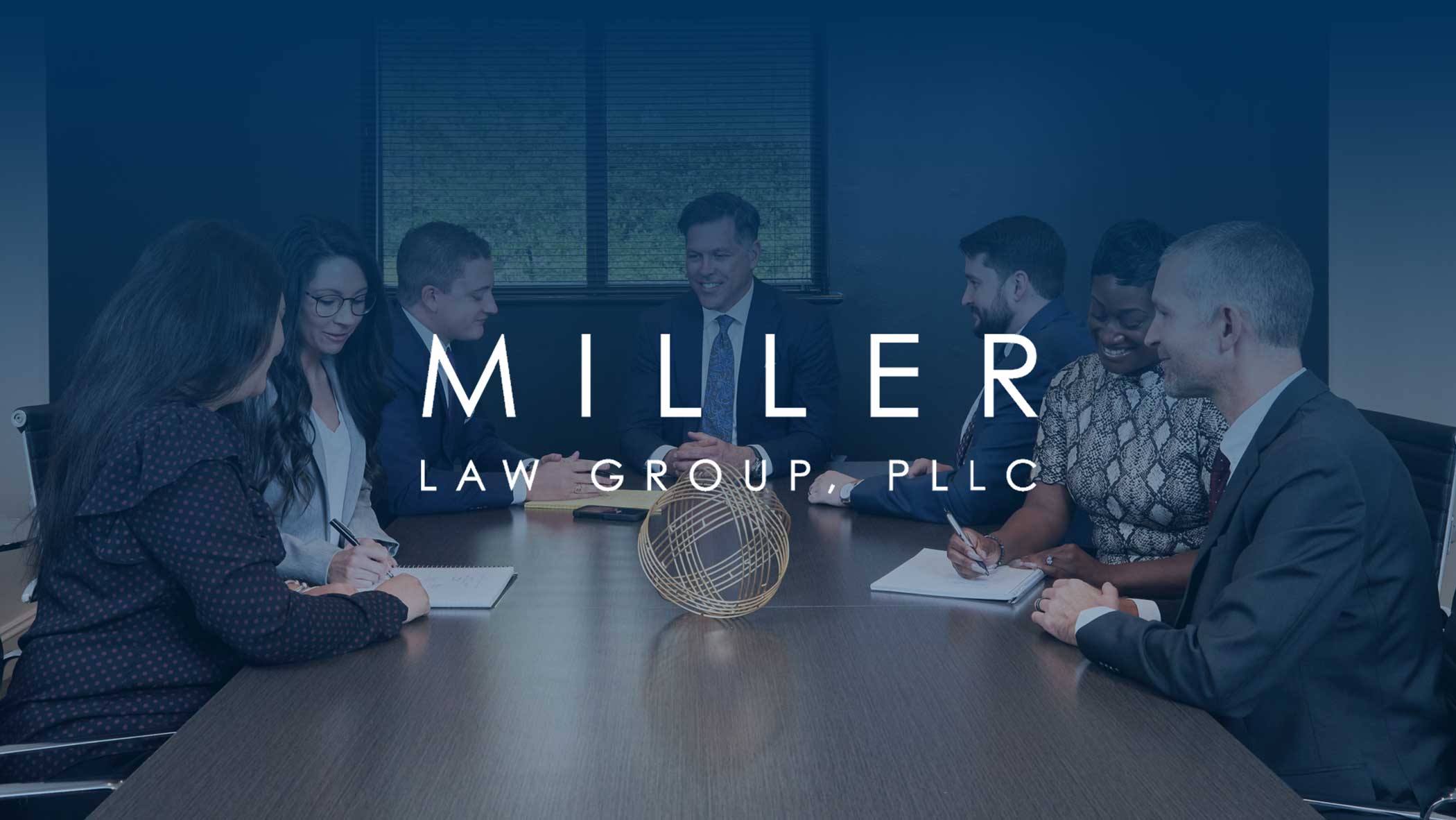Whistleblower: 3 Ways to Spot Nursing Home Fraud

Many of us do not want to believe that people who are supposed to care for others would actually use them for financial gain. Unfortunately, many instances of fraud go unreported and thusly unprosecuted. An example of places where fraud goes unreported is in nursing homes.
Many of the fraudulent actions can seem small individually, but when aggregated with every other circumstance, they can add up to substantial amounts of Medicare/Medicaid fraud.
- Double billing Medicare and Medicaid
One example of fraudulent behavior is billing the government twice for the same service or same usage of equipment.
- Billing unnecessary therapies
Similar to therapy fraud, various treatments in nursing homes are billed at higher rates that are allowed. Group therapy sessions are when large numbers of patients obtain therapy and it is fraudulent to bill each individual attendee for the therapy as if it were provided to them one-on-one.
Nursing homes may also be billing for services that are not medically necessary. This subjects the elderly to potential physical harm and defrauds the government of critical healthcare funds.
- Incorrectly billing for supplies
Another example of nursing home fraud happens when the government is billed for more expensive supplies than were actually used. A common example of this behavior is when nursing homes bill for kits of supplies but use only a handful of the tools within in a kit on the patient and save the remainder of the tools in the nursing home’s supply cabinets.
If you believe you have knowledge about nursing home fraud, contact the whistleblower lawyers at Miller Law Group for a free consultation.
Additional Resources:
Whistleblowers Recover $10 Million After Allegations of Nursing Home Fraud
Whistleblower: Government Plans to Focus on Nursing Home Fraud in 2020
What is medical bill upcoding and why should I worry about it?

